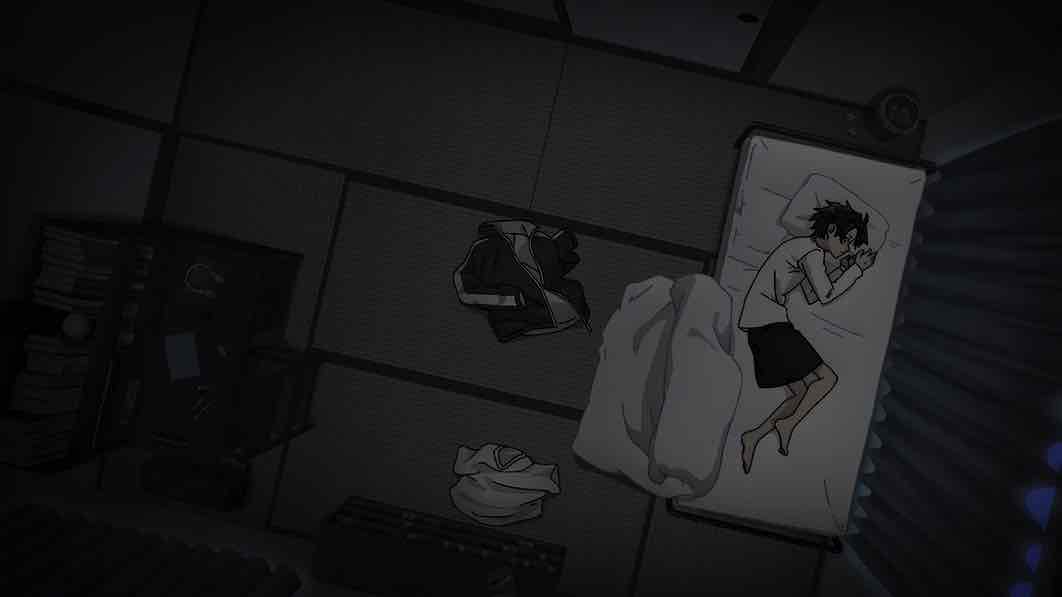 It’s usually a concern that applies more to comedies and hard-core slice-of-life series, but Yofukashi no Uta isn’t immune. What happens when a series that’s more about the journey than the destination gets “serious”? Almost all series do in their last couple of episodes, and it can be a real problem – especially when a show loses sight of its true identity in order to make it so. Being an adaptation of an ongoing manga can impact that – but only if there are realistic hopes for additional seasons.
It’s usually a concern that applies more to comedies and hard-core slice-of-life series, but Yofukashi no Uta isn’t immune. What happens when a series that’s more about the journey than the destination gets “serious”? Almost all series do in their last couple of episodes, and it can be a real problem – especially when a show loses sight of its true identity in order to make it so. Being an adaptation of an ongoing manga can impact that – but only if there are realistic hopes for additional seasons.
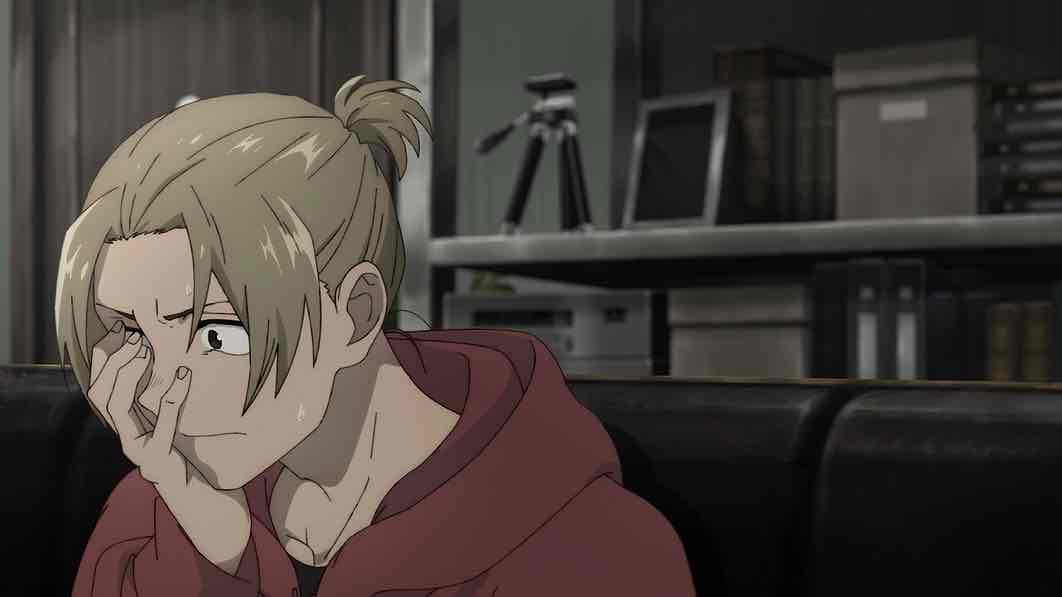 When you think about it, Call of the Night does check a lot of boxes for a slice-of-life. It’s really the experience of being out and about after midnight that drives the narrative more than conventional plot. Basically, this is a series about the art of wasting time. But as you’d expect, plot is taking center-stage over the final stretch (the last 3 episodes to be precise). But it’s working, so the question then is, why? I think it’s because the nature of its idyll itself asked a lot of questions that demanded addressing. That. and the fact that for two eps at least, the plot developments feel very authentic and organic to the themes of the series as a whole.
When you think about it, Call of the Night does check a lot of boxes for a slice-of-life. It’s really the experience of being out and about after midnight that drives the narrative more than conventional plot. Basically, this is a series about the art of wasting time. But as you’d expect, plot is taking center-stage over the final stretch (the last 3 episodes to be precise). But it’s working, so the question then is, why? I think it’s because the nature of its idyll itself asked a lot of questions that demanded addressing. That. and the fact that for two eps at least, the plot developments feel very authentic and organic to the themes of the series as a whole.
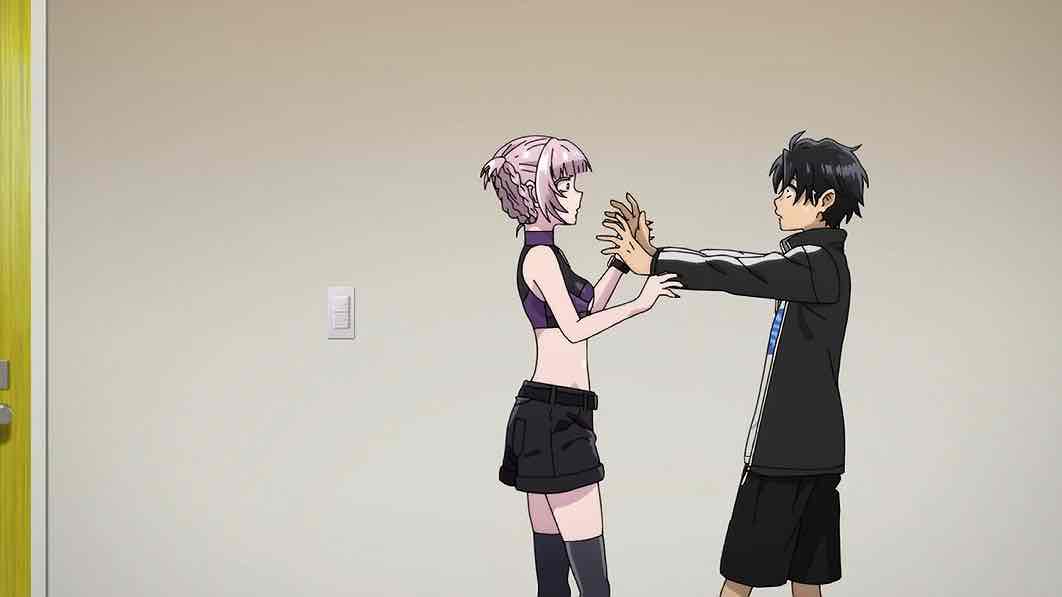 My view of the symbolism of vampires in Yofukashi has evolved, but remains pretty consistent. Vampires are those people that don’t fit in – the outcasts, the loners, the “weirdos” society would rather pretend don’t exist. As Nazuna tells Kou during their very revealing conversation in his bedroom, the appeal was simple – “different”. Especially when you’re 14 anything different is going to feel exciting, especially forbidden stuff like what Kou is doing. But for all the appeal the call of the night has for introverts (and I speak from personal experience in saying that it’s powerful) there’s a dark side to it, too.
My view of the symbolism of vampires in Yofukashi has evolved, but remains pretty consistent. Vampires are those people that don’t fit in – the outcasts, the loners, the “weirdos” society would rather pretend don’t exist. As Nazuna tells Kou during their very revealing conversation in his bedroom, the appeal was simple – “different”. Especially when you’re 14 anything different is going to feel exciting, especially forbidden stuff like what Kou is doing. But for all the appeal the call of the night has for introverts (and I speak from personal experience in saying that it’s powerful) there’s a dark side to it, too.
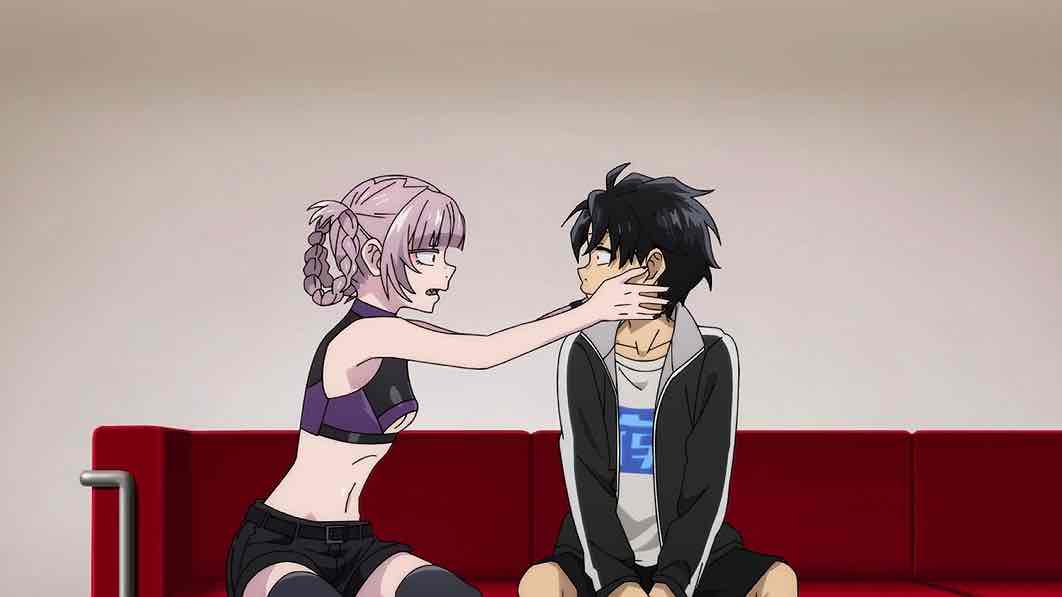 The night is exciting, most especially if you never feel quite comfortable in the light. Scary too, but that’s a big part of the appeal. But it’s is also full of junkies and prostitutes and alcoholics too drunk to make it home that night. If you want to live in that world, you surrender the privilege of acting as if those people don’t exist. Not to carry the symbolism too far, but it is what it is. What we saw last week – the dark side of vampirism – is just that, the dark side of becoming a person of the night. If Kou decides to becomes a vampire, he embraces all of the experience, whether he wants to or not.
The night is exciting, most especially if you never feel quite comfortable in the light. Scary too, but that’s a big part of the appeal. But it’s is also full of junkies and prostitutes and alcoholics too drunk to make it home that night. If you want to live in that world, you surrender the privilege of acting as if those people don’t exist. Not to carry the symbolism too far, but it is what it is. What we saw last week – the dark side of vampirism – is just that, the dark side of becoming a person of the night. If Kou decides to becomes a vampire, he embraces all of the experience, whether he wants to or not.
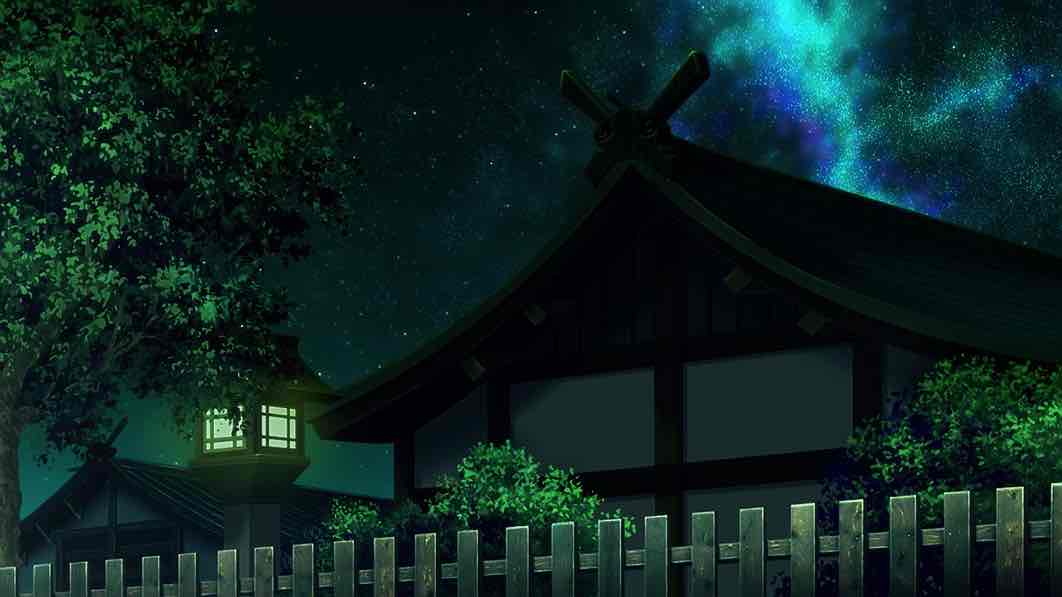 That Kou would be traumatized by what he saw last week is inevitable. He’s shaken, as well he should be. He now knows what a vampire out of control looks like – but he doesn’t know how easy it might be to get to that point. Nazuna’s sexualized hunger for him takes on a far more sinister undertone. Most crucially, this has all caused Kou to ask the question “why?” Why does he want to become a vampire? Mahiru asks it of him, but he’s already been asking it of himself. Isn’t he already free, becoming a person of the night and living on the periphery of vampires? But at the moment, he always has the option to bail and rejoin the world of the normies – and that colors all of his emotional reactions.
That Kou would be traumatized by what he saw last week is inevitable. He’s shaken, as well he should be. He now knows what a vampire out of control looks like – but he doesn’t know how easy it might be to get to that point. Nazuna’s sexualized hunger for him takes on a far more sinister undertone. Most crucially, this has all caused Kou to ask the question “why?” Why does he want to become a vampire? Mahiru asks it of him, but he’s already been asking it of himself. Isn’t he already free, becoming a person of the night and living on the periphery of vampires? But at the moment, he always has the option to bail and rejoin the world of the normies – and that colors all of his emotional reactions.
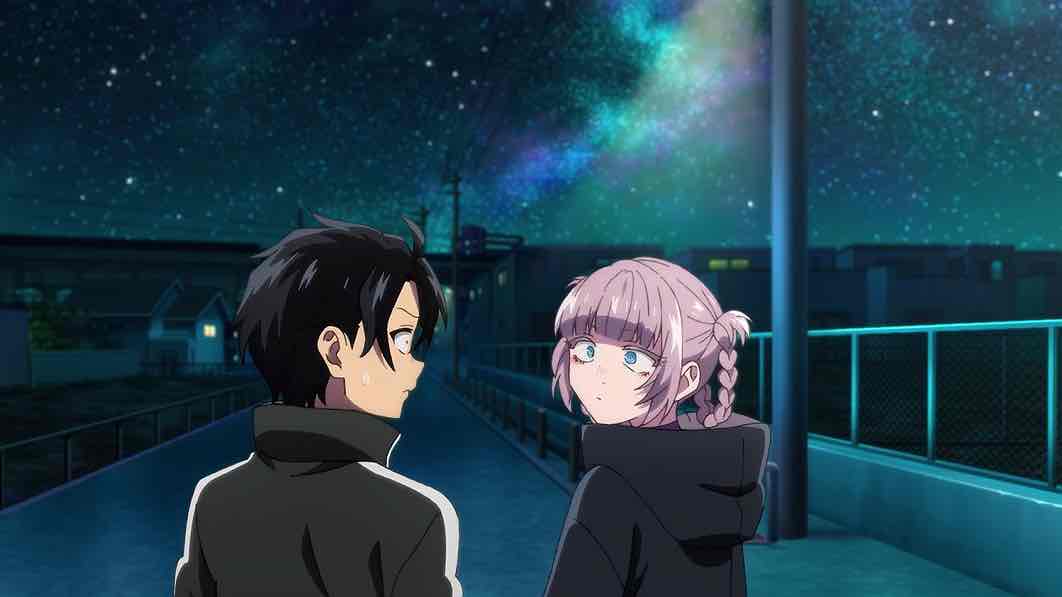 Mahiru’s is the honest concern of a friend and fellow child, just as Akira’s is. But again, Kou is already unsure of himself. He confronts Nazuna with his concerns, reluctantly – and she seems unaware of Anko’s existence and genuinely surprised there’s a human who can kill vampires. She also confirms that a vampire will die after not drinking human blood for ten years. I was a bit worried when she invited herself to Kou’s house, but it seems to have been relatively benign. That visit is further confirmation of how empty his home life is – his father is long-gone and his mother consumed enough by work that their only interaction seems to be her leaving him money for food. It confirms a lot of other stuff, too.
Mahiru’s is the honest concern of a friend and fellow child, just as Akira’s is. But again, Kou is already unsure of himself. He confronts Nazuna with his concerns, reluctantly – and she seems unaware of Anko’s existence and genuinely surprised there’s a human who can kill vampires. She also confirms that a vampire will die after not drinking human blood for ten years. I was a bit worried when she invited herself to Kou’s house, but it seems to have been relatively benign. That visit is further confirmation of how empty his home life is – his father is long-gone and his mother consumed enough by work that their only interaction seems to be her leaving him money for food. It confirms a lot of other stuff, too.
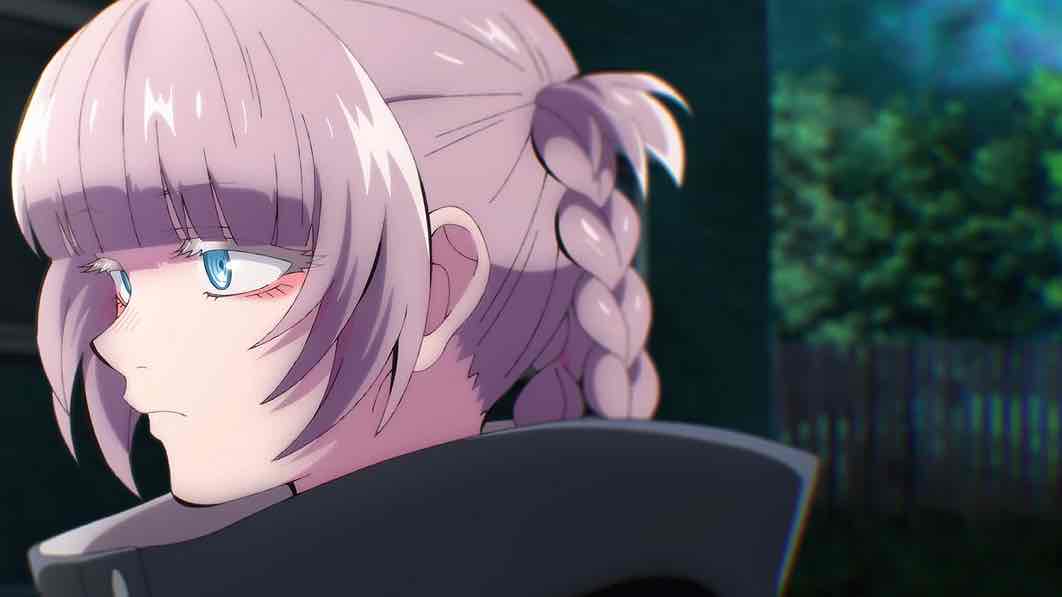 How to interpret the nature of that conversation? It’s sexually charged despite Naz joking about it – the mentality of no parents at home and a hot girl in your room speaks for itself. But it’s serious, too – and I think it represents Nazuna trying to give Kou an out, if he really wants it. If she oversold the romance of the vampire experience before, maybe she oversells the downsides a bit here. Naz does seem to care about Kou on some level beyond the taste of his blood, it seems. But oversold or not, I have no doubt that boredom is among a vampire’s greatest enemies. Again, that’s the other side of embracing the night – the side you see once the romance of it starts to wane.
How to interpret the nature of that conversation? It’s sexually charged despite Naz joking about it – the mentality of no parents at home and a hot girl in your room speaks for itself. But it’s serious, too – and I think it represents Nazuna trying to give Kou an out, if he really wants it. If she oversold the romance of the vampire experience before, maybe she oversells the downsides a bit here. Naz does seem to care about Kou on some level beyond the taste of his blood, it seems. But oversold or not, I have no doubt that boredom is among a vampire’s greatest enemies. Again, that’s the other side of embracing the night – the side you see once the romance of it starts to wane.
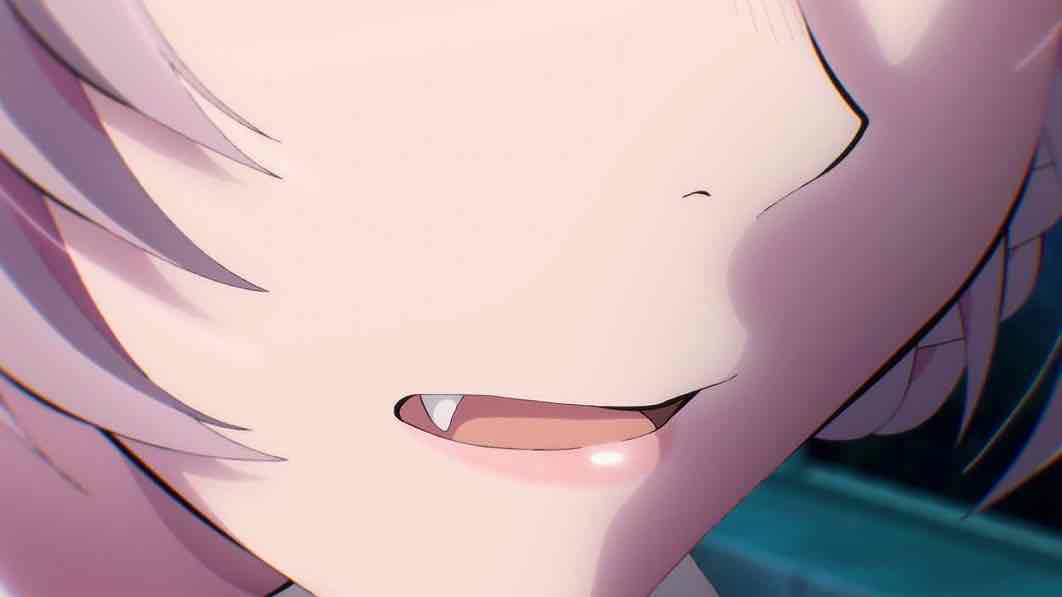 Having failed to settle his mind with Nazuna, Kou turns to Anko. But her motives are if anything more opaque than Naz’. Maybe she’s legit concerned for Kou as a child in danger. Perhaps she really does want a forbidden fruit fling with him. Or maybe she just likes emotionally manipulating people. But he can’t see the world of vampires in black and white like she does, because they’ve become people to him now. For Kou the question of whether he really wants to become one is separate from the matter of whether he believes they should all be killed – on that matter he feels the certainty of a teenager with a teenager’s worldview.
Having failed to settle his mind with Nazuna, Kou turns to Anko. But her motives are if anything more opaque than Naz’. Maybe she’s legit concerned for Kou as a child in danger. Perhaps she really does want a forbidden fruit fling with him. Or maybe she just likes emotionally manipulating people. But he can’t see the world of vampires in black and white like she does, because they’ve become people to him now. For Kou the question of whether he really wants to become one is separate from the matter of whether he believes they should all be killed – on that matter he feels the certainty of a teenager with a teenager’s worldview.
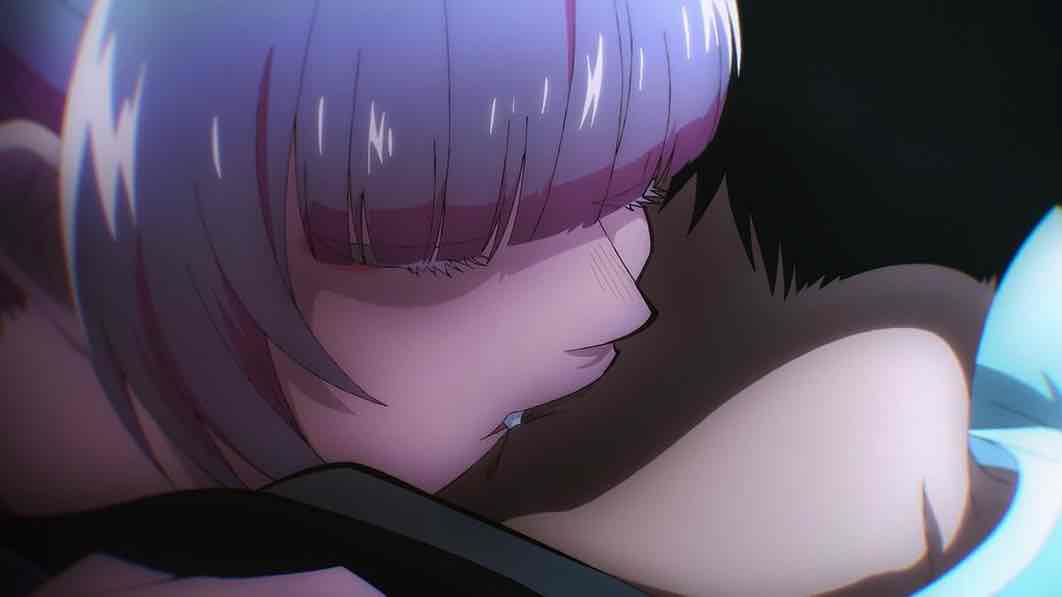 Anko calling the cops on Kou is certainly a game-changer, plot-wise. It means the status quo is no longer viable and forces Kou to make a decision on what he really wants. For the moment he goes into hiding – and it’s interesting that it’s Hatsuka who shows up at that moment. Hatsuka is the one vamp from that rooftop affair that’s remained an undropped shoe, their role in the story still undefined. I don’t know what that role is, but I’d encourage you to listen carefully to Hatsuka’s brief dialogue at the end of the episode. I had an inkling about the character that may just have been confirmed in those final moments.
Anko calling the cops on Kou is certainly a game-changer, plot-wise. It means the status quo is no longer viable and forces Kou to make a decision on what he really wants. For the moment he goes into hiding – and it’s interesting that it’s Hatsuka who shows up at that moment. Hatsuka is the one vamp from that rooftop affair that’s remained an undropped shoe, their role in the story still undefined. I don’t know what that role is, but I’d encourage you to listen carefully to Hatsuka’s brief dialogue at the end of the episode. I had an inkling about the character that may just have been confirmed in those final moments.


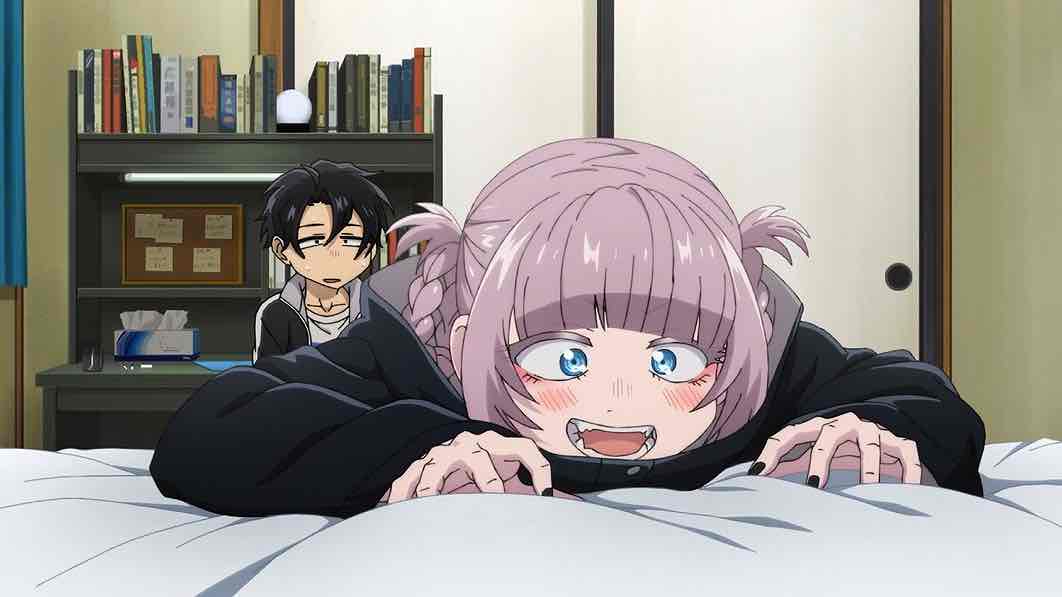
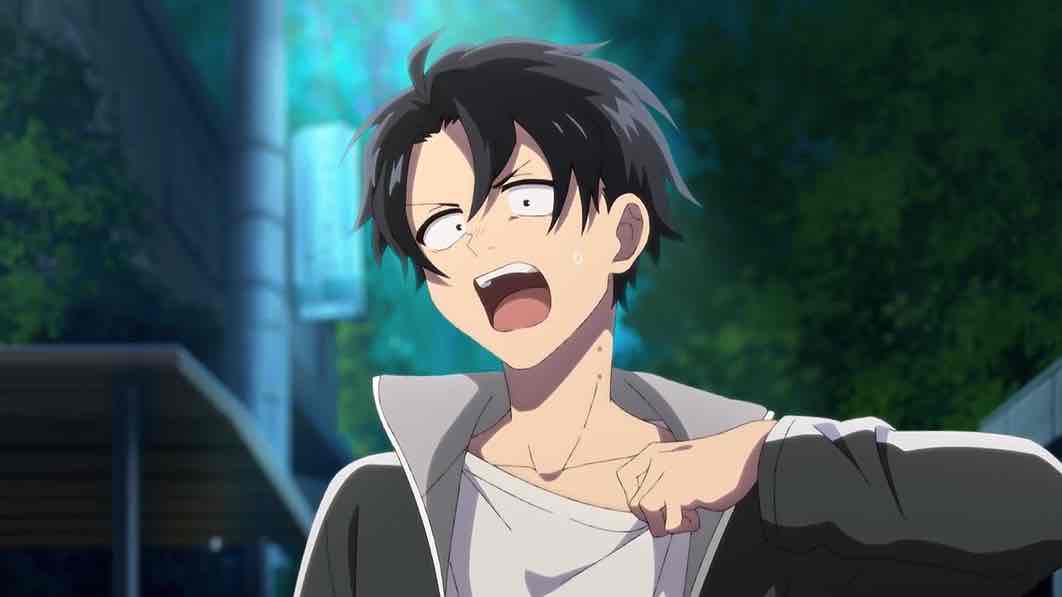
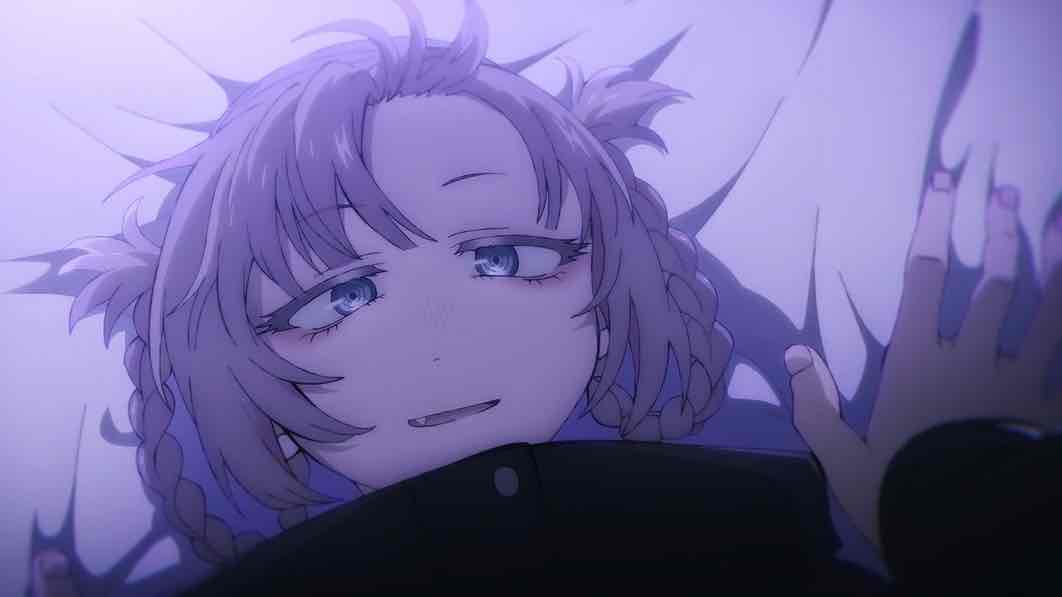
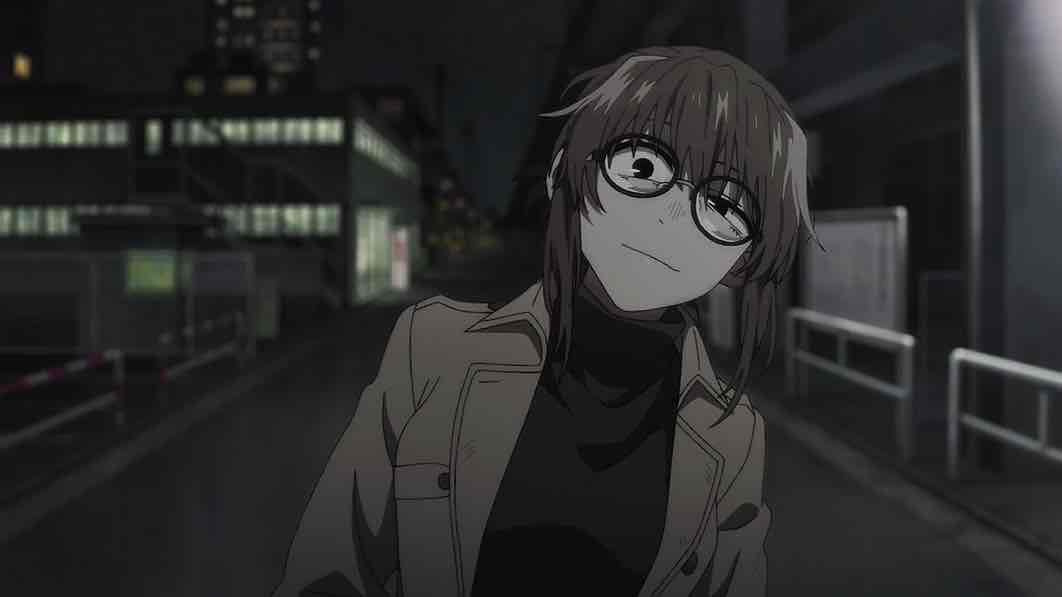
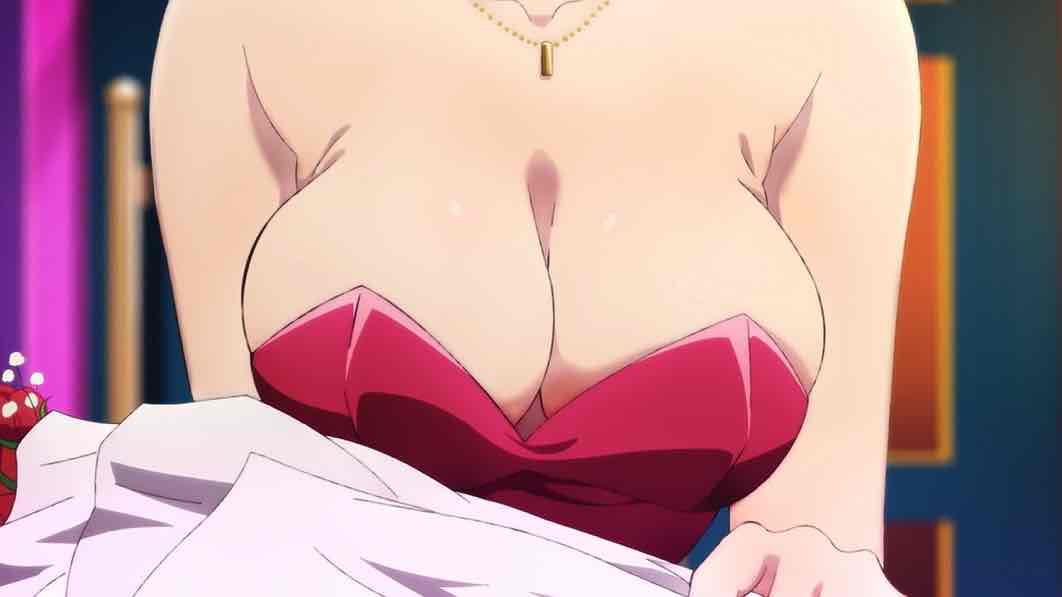
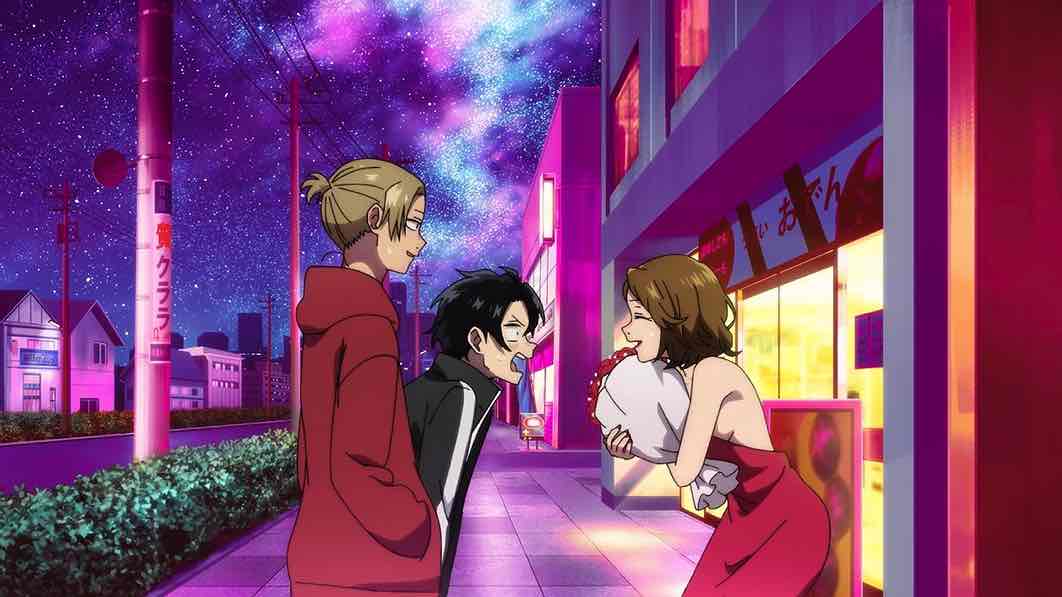
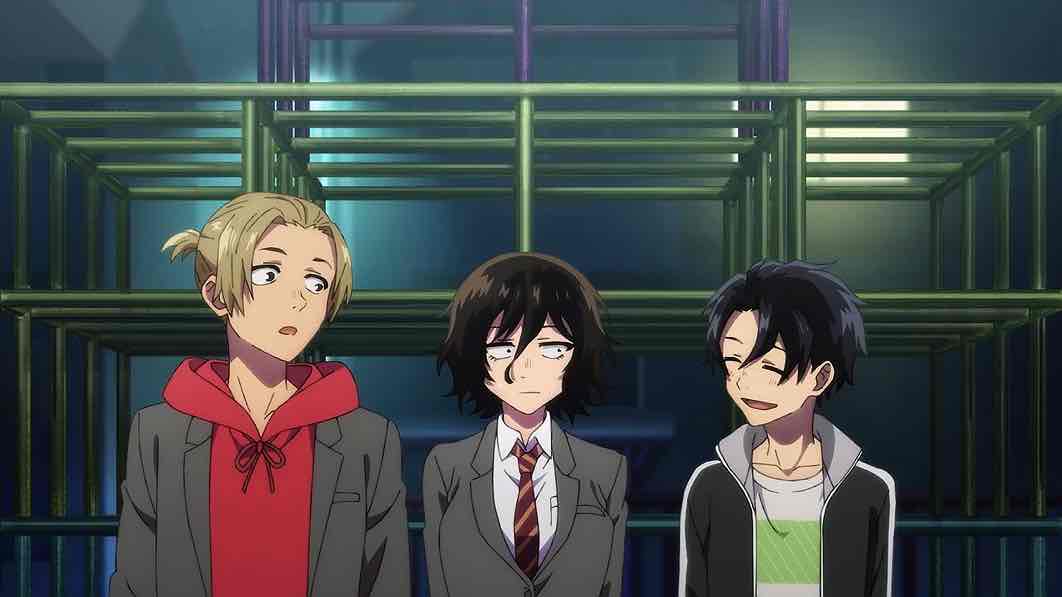
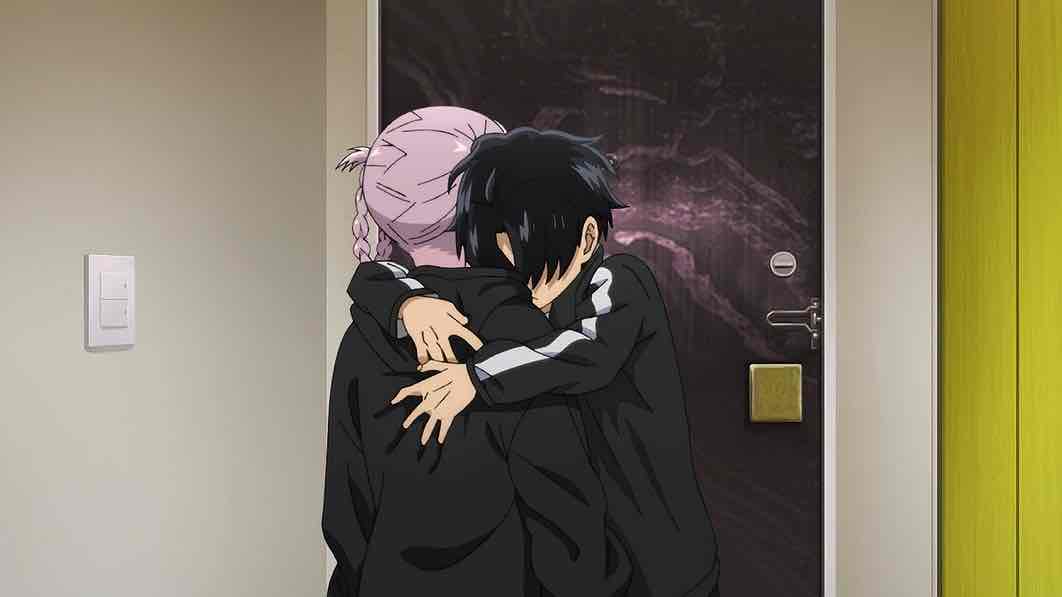
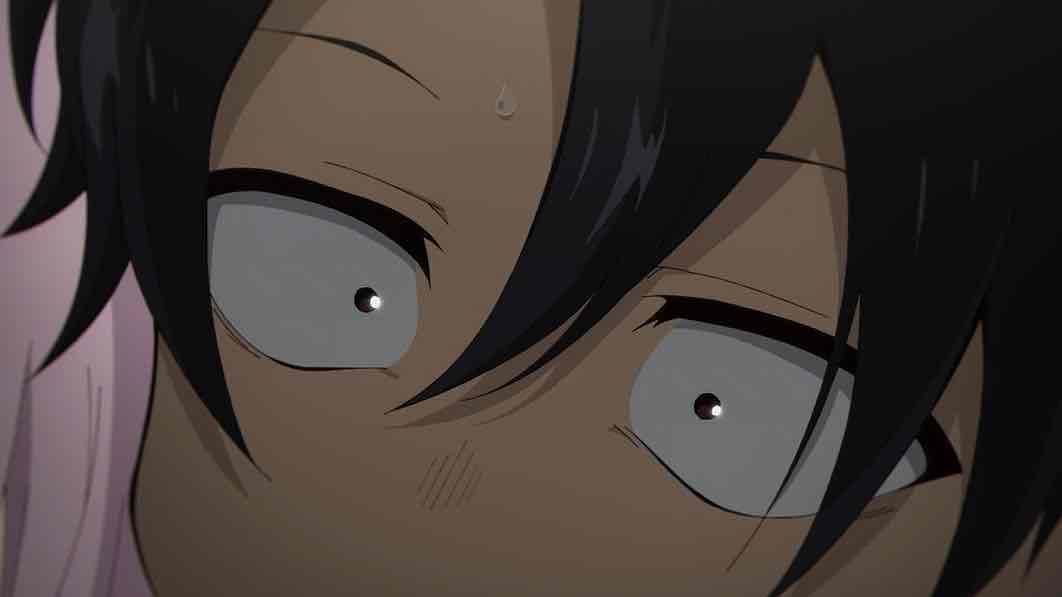
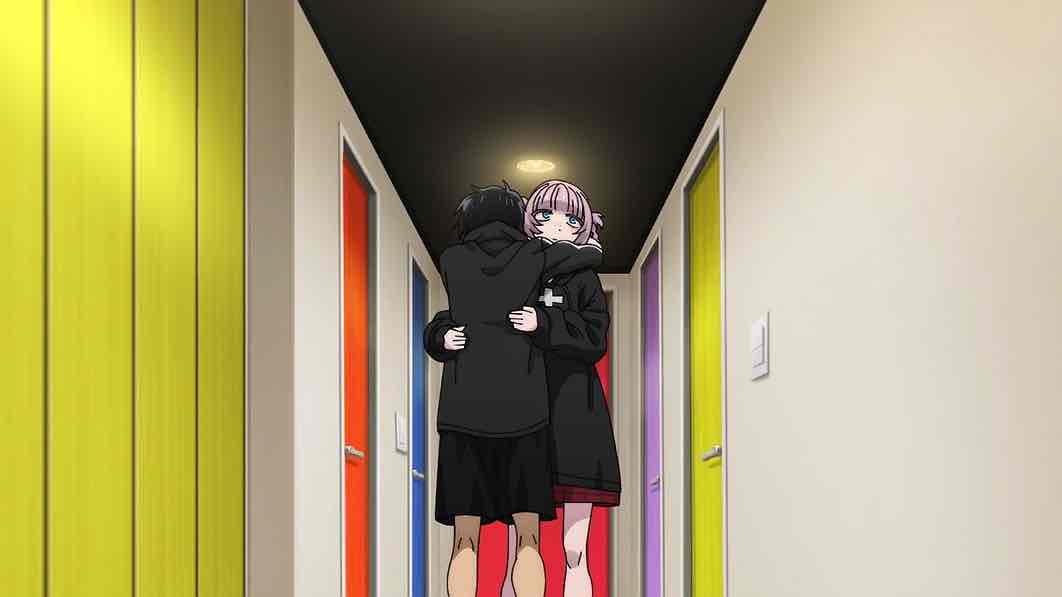
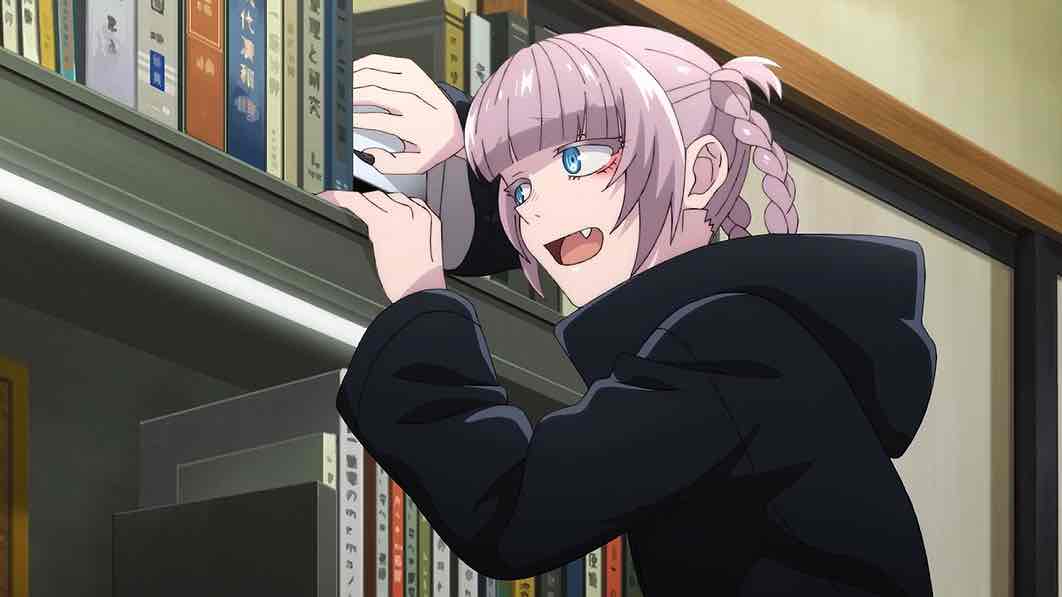
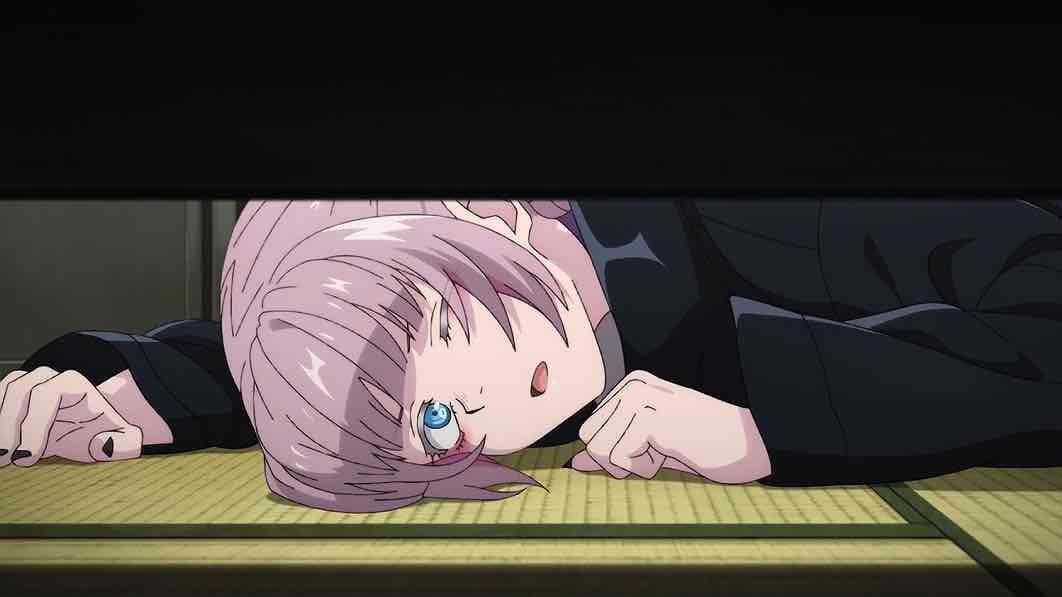
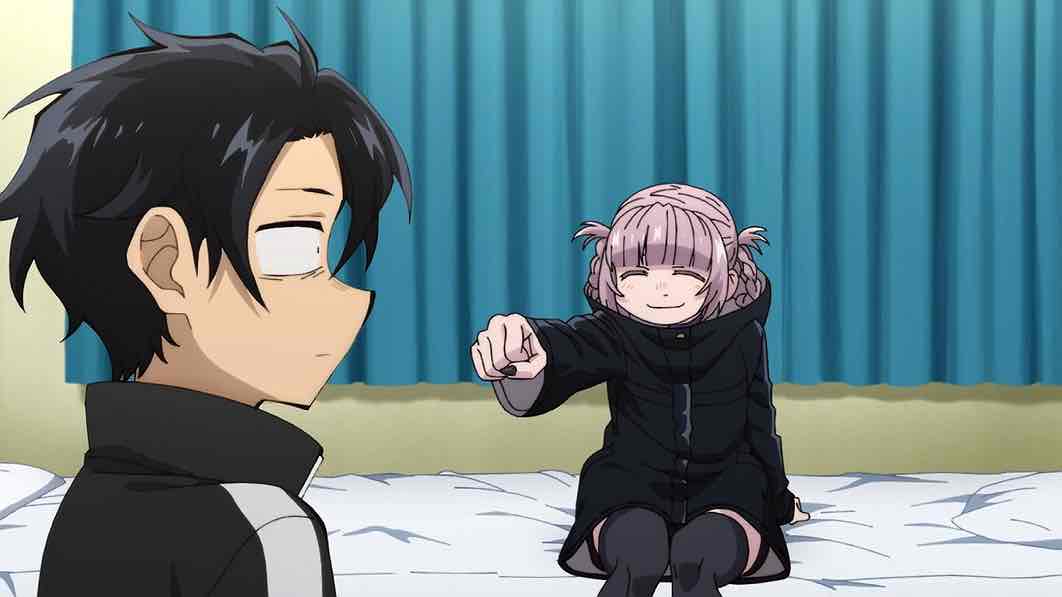
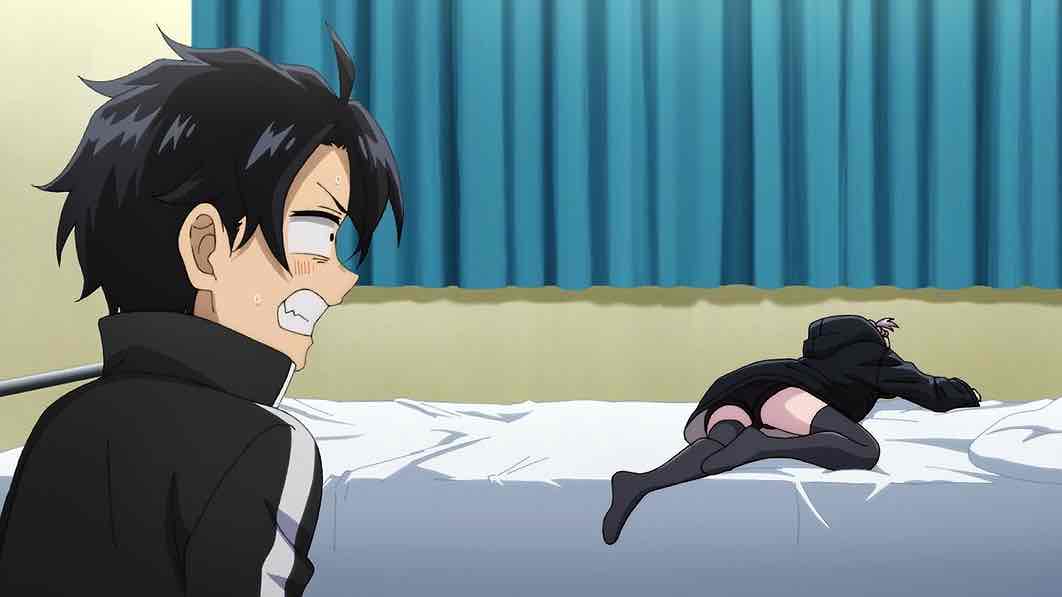
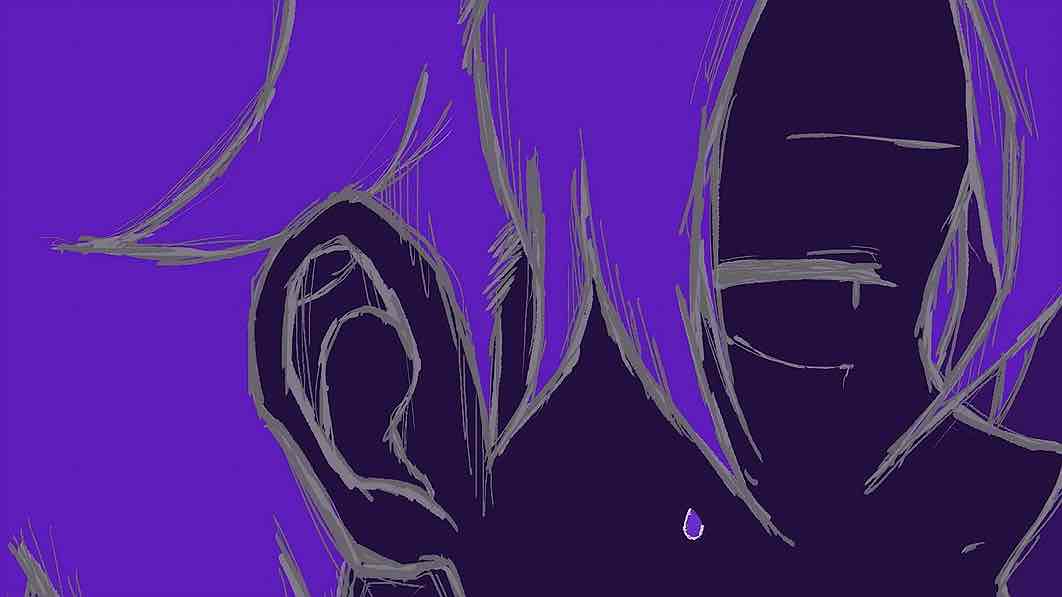
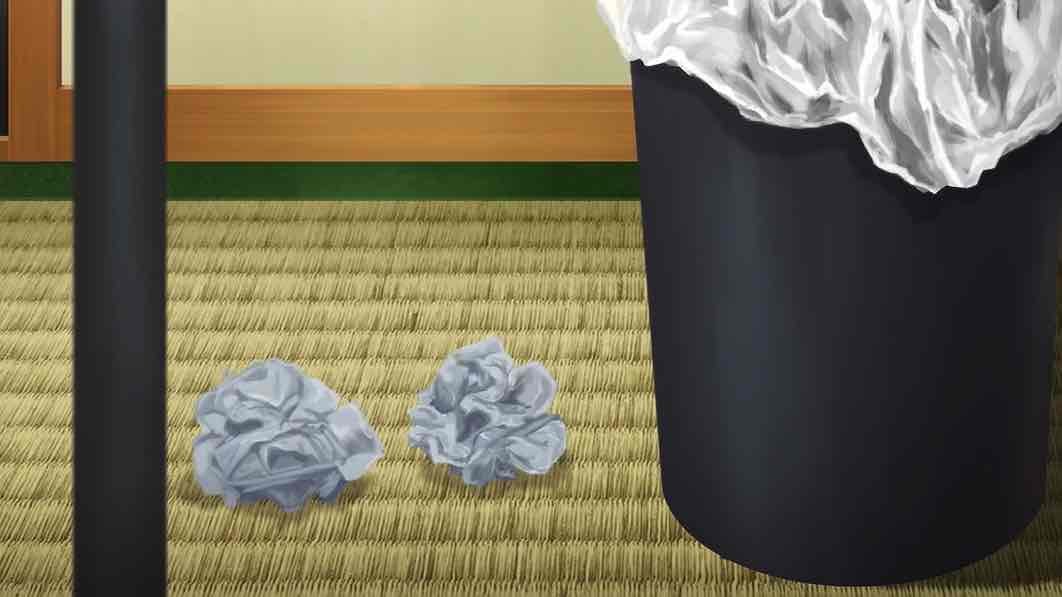
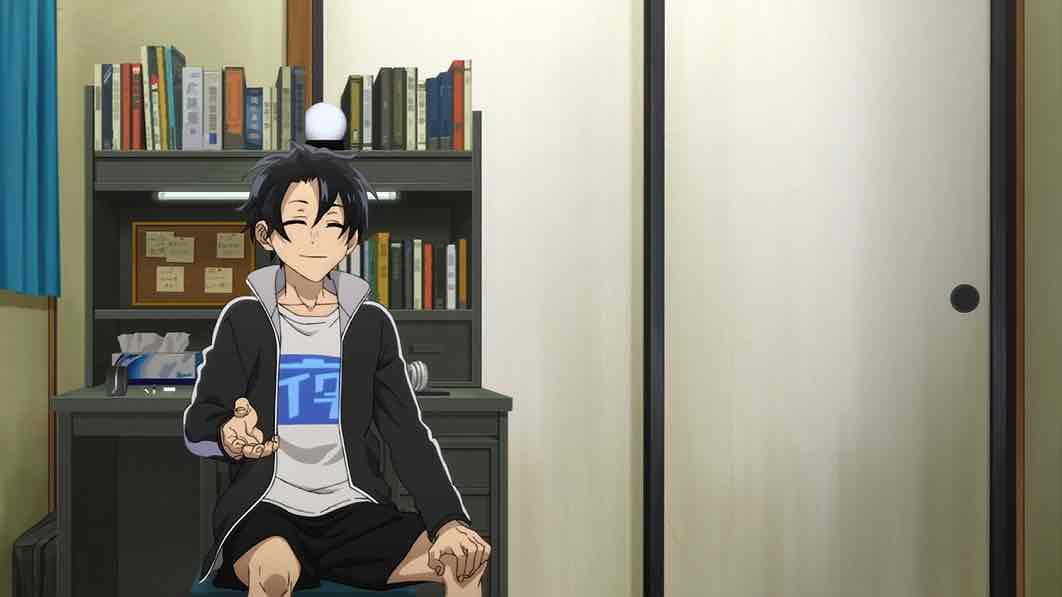
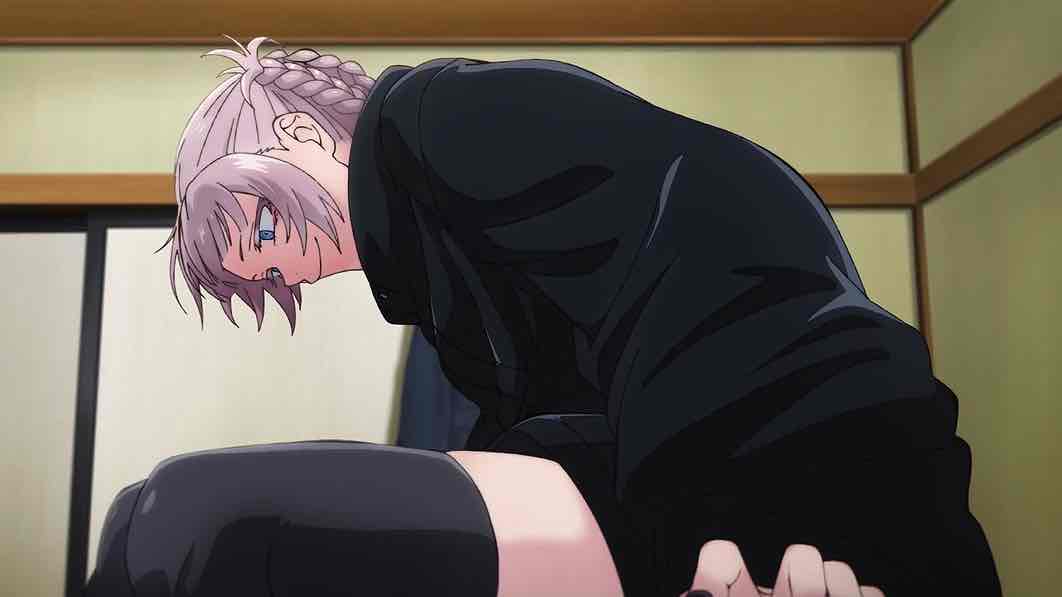
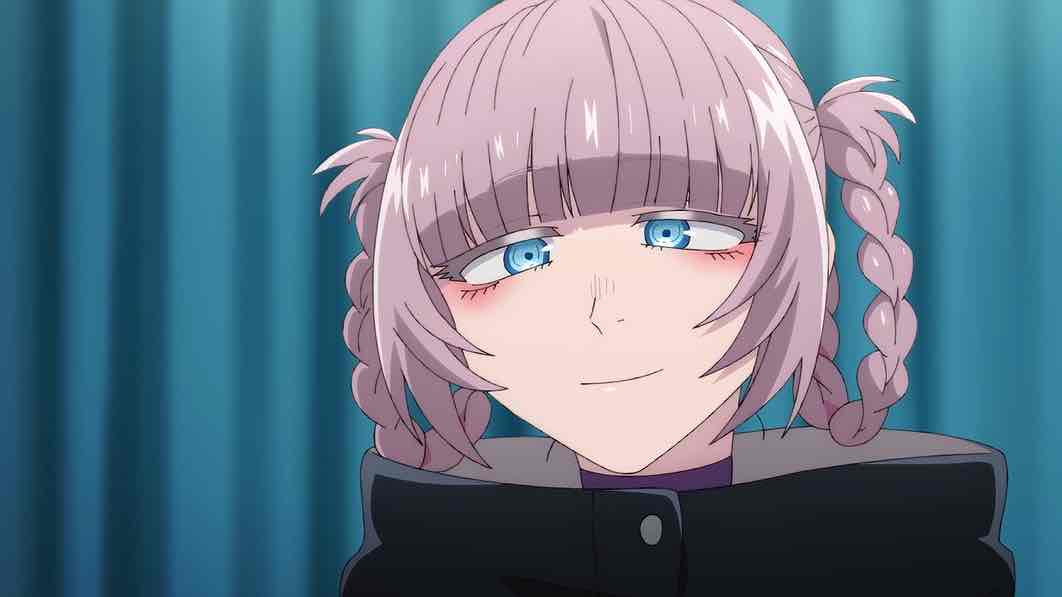
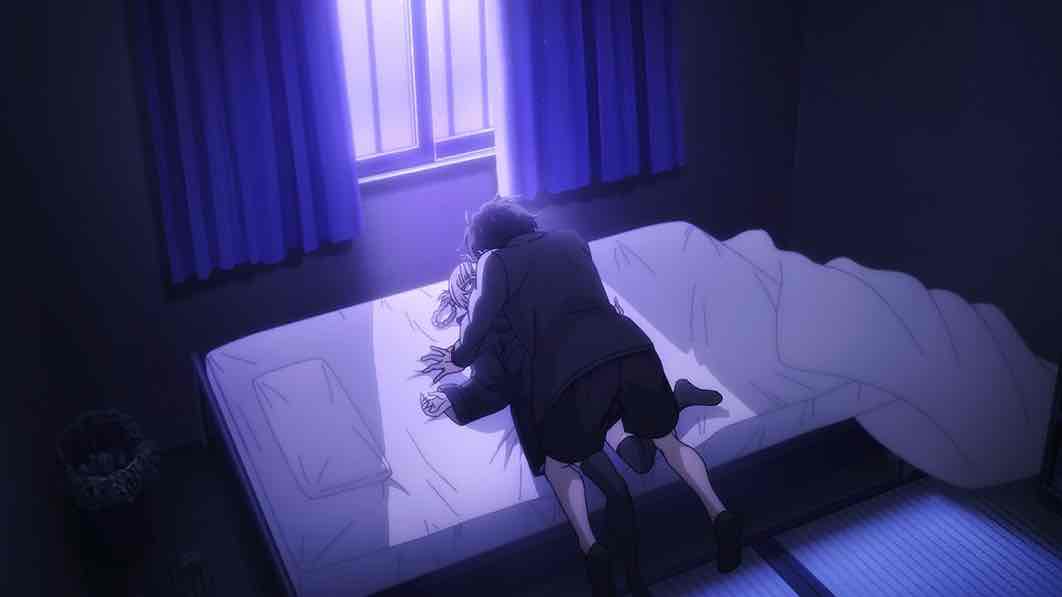
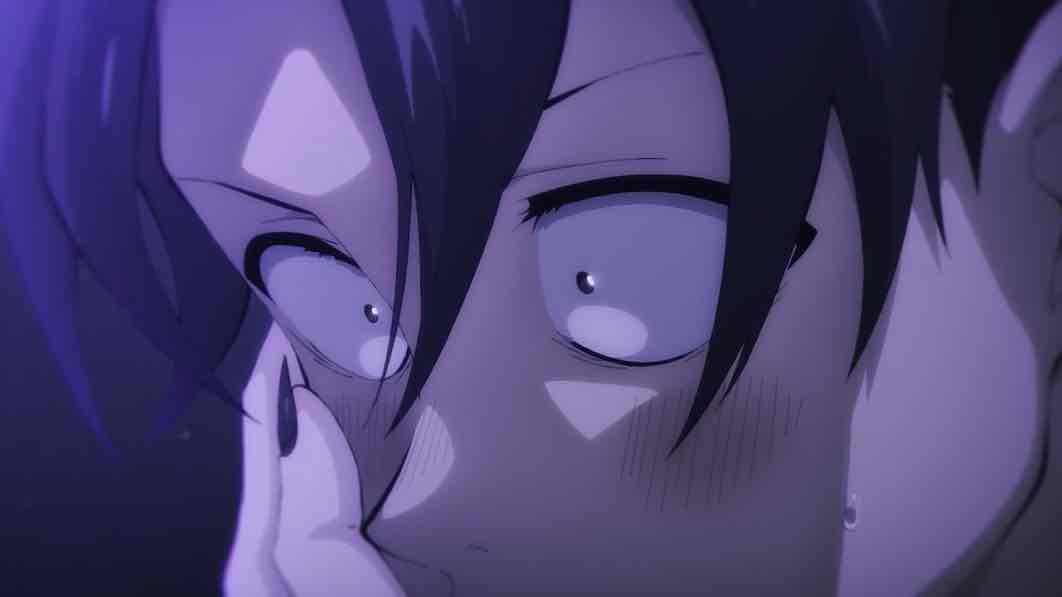
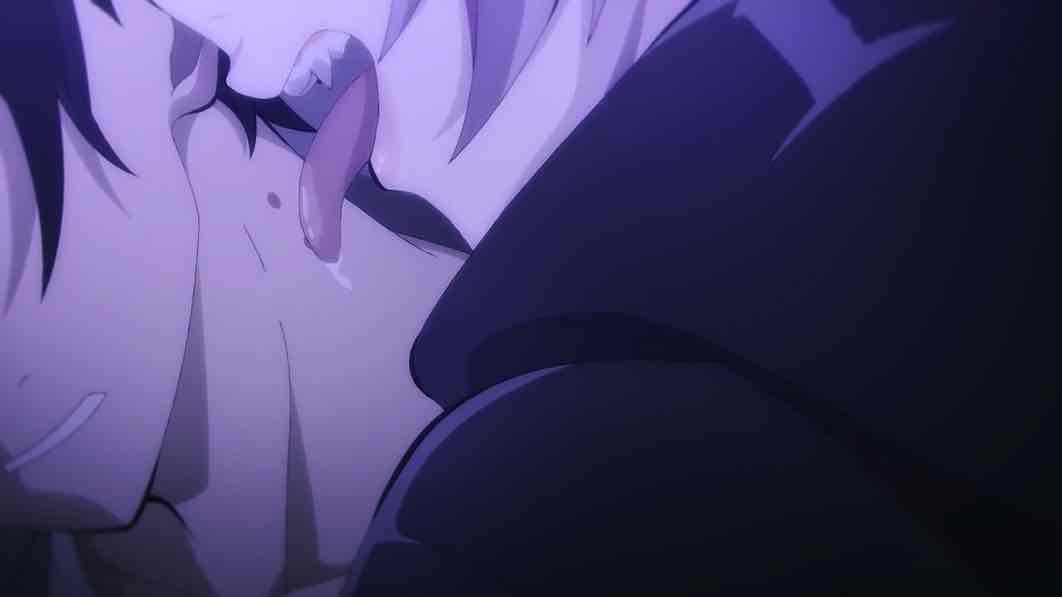
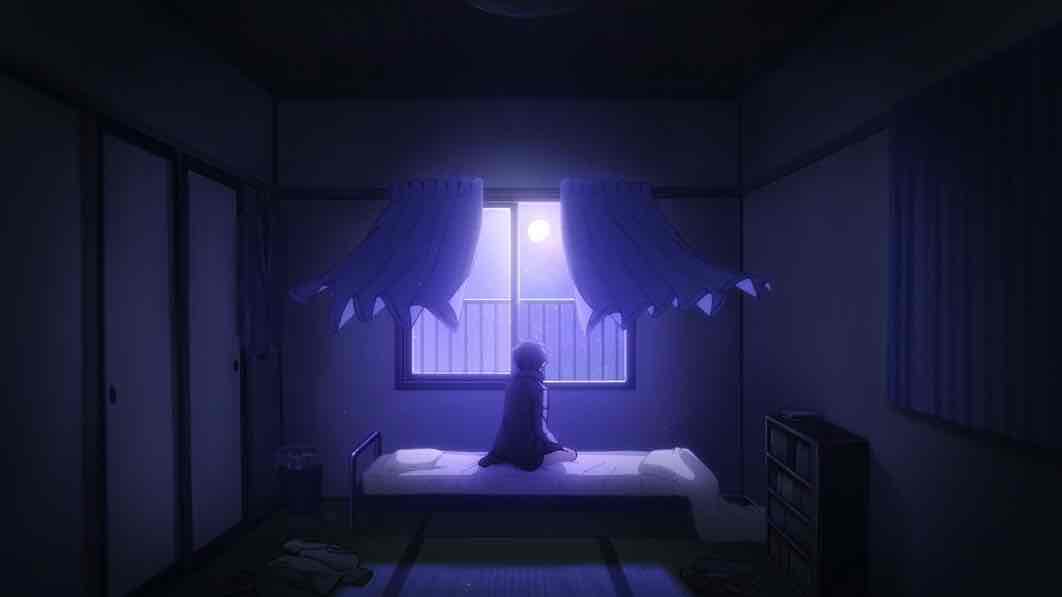
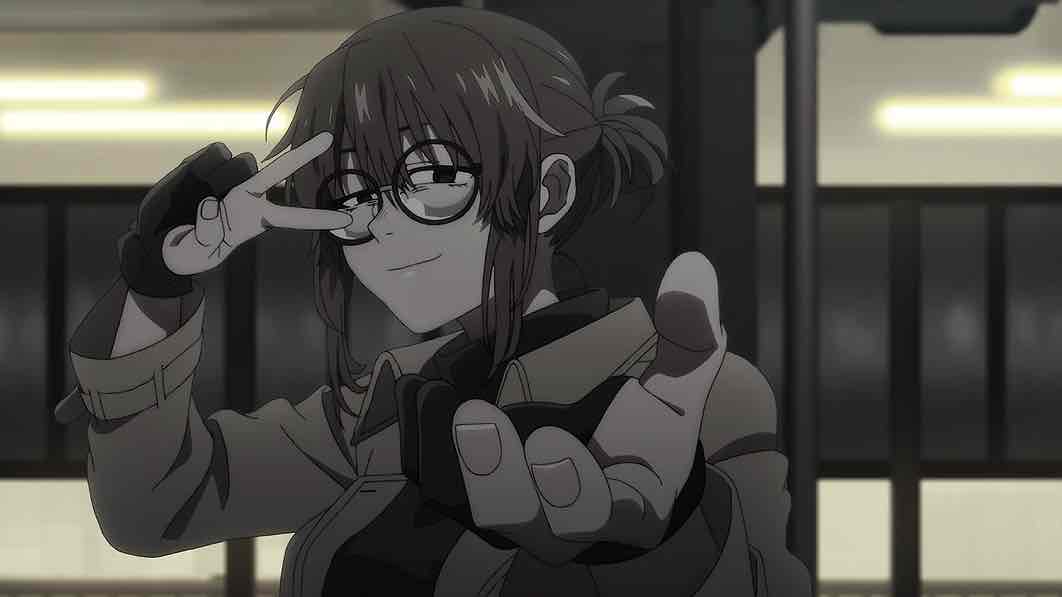
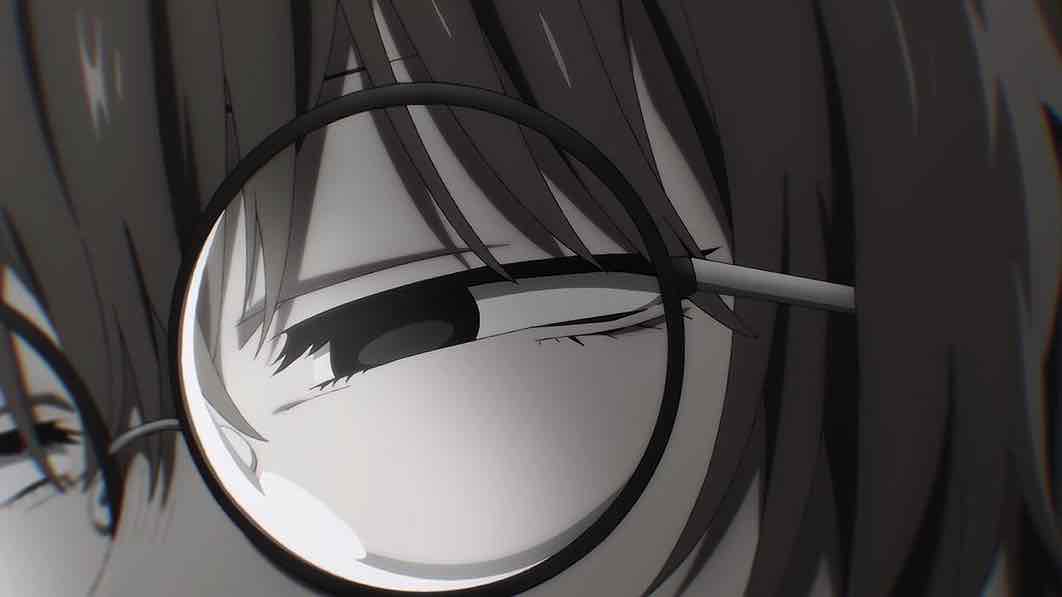
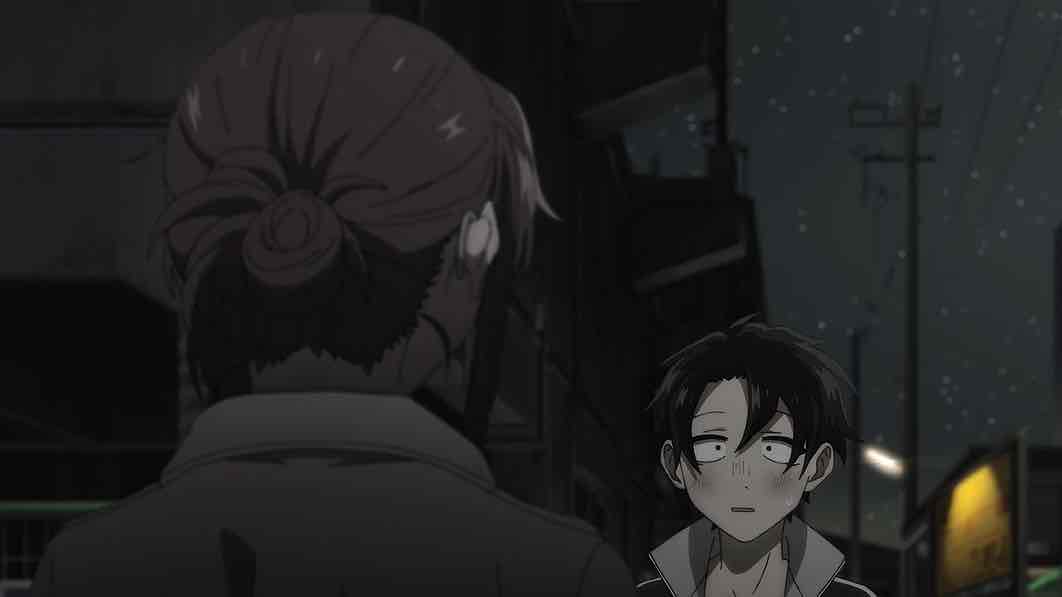
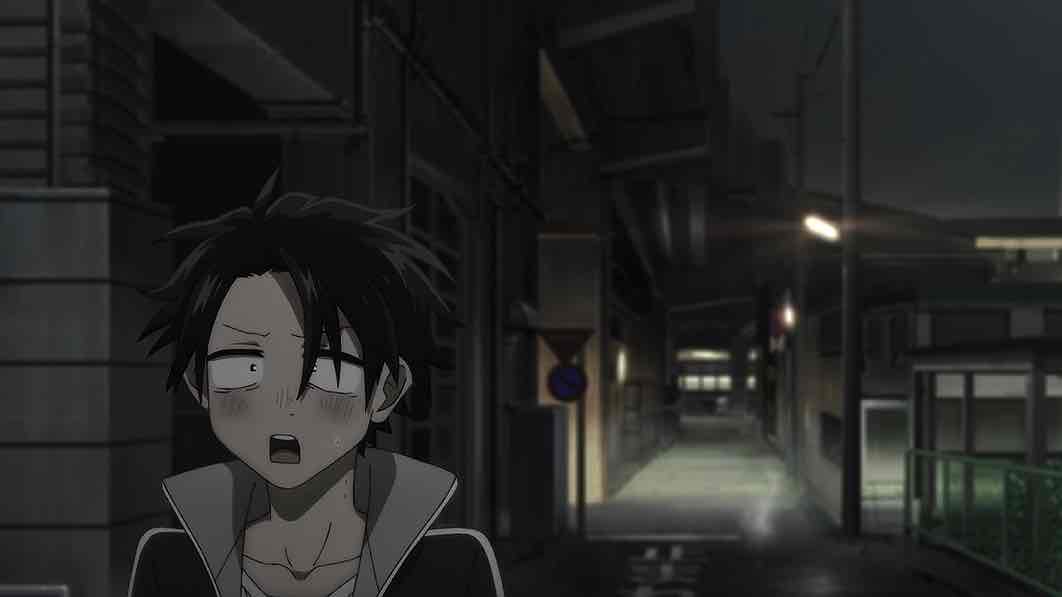
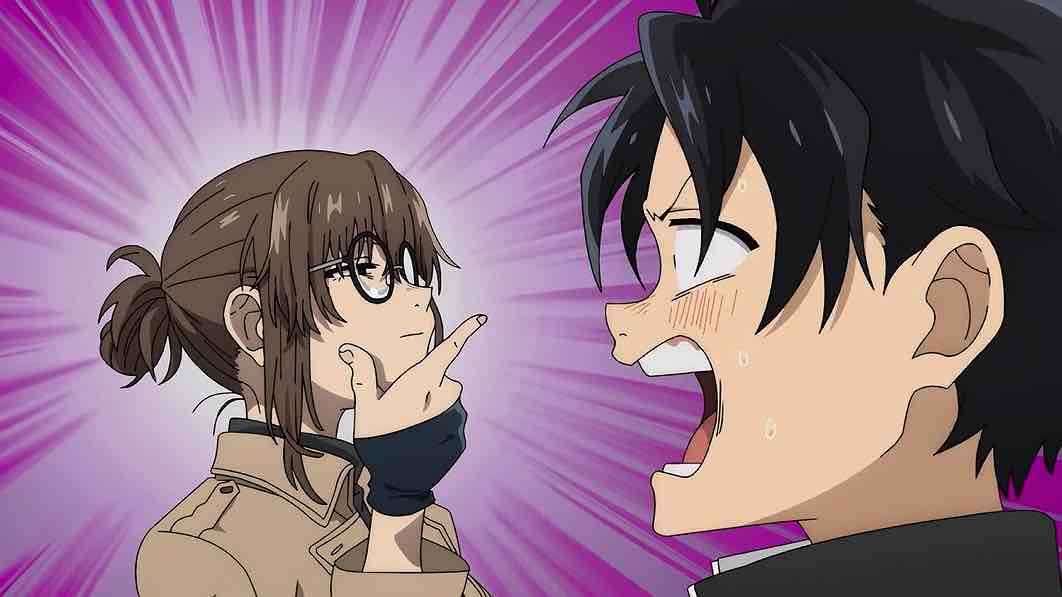
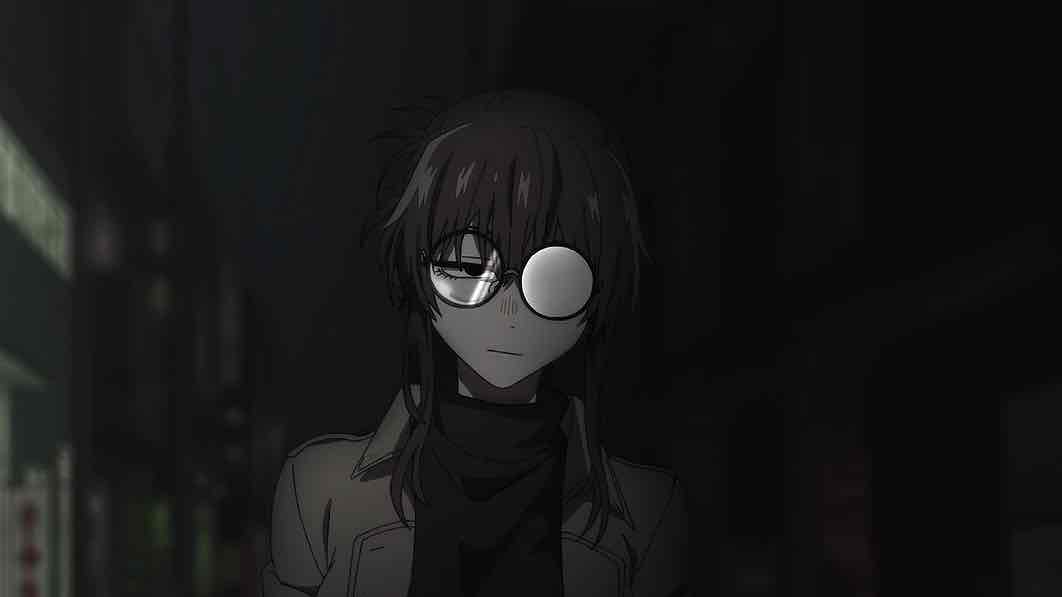
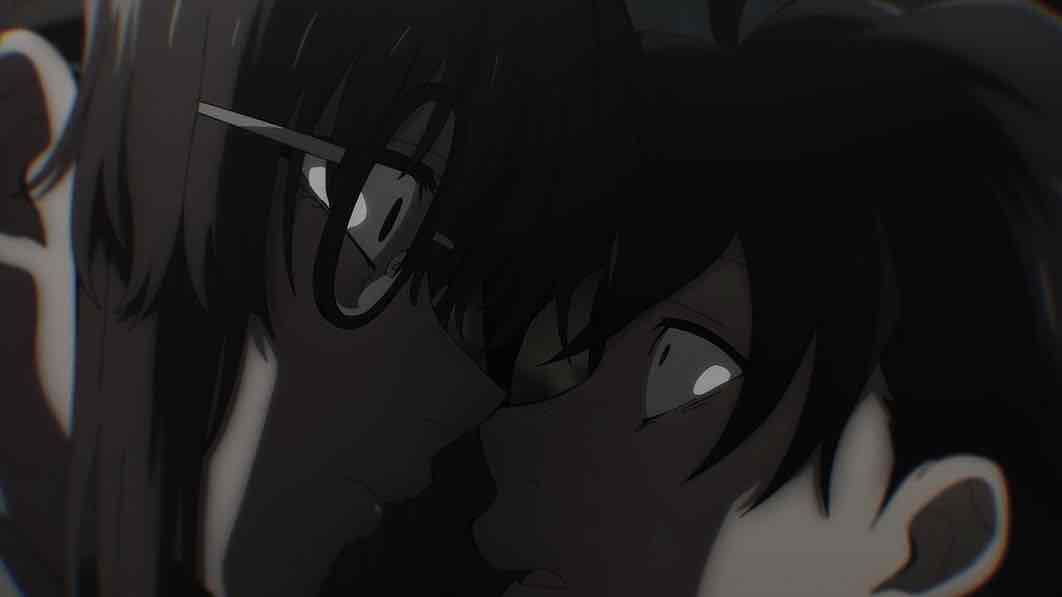
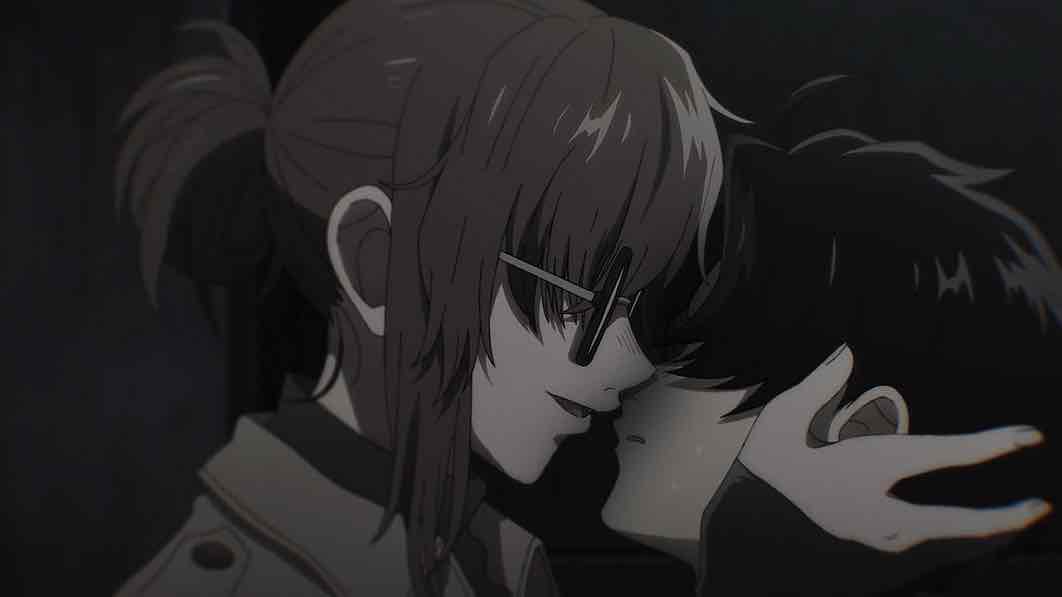
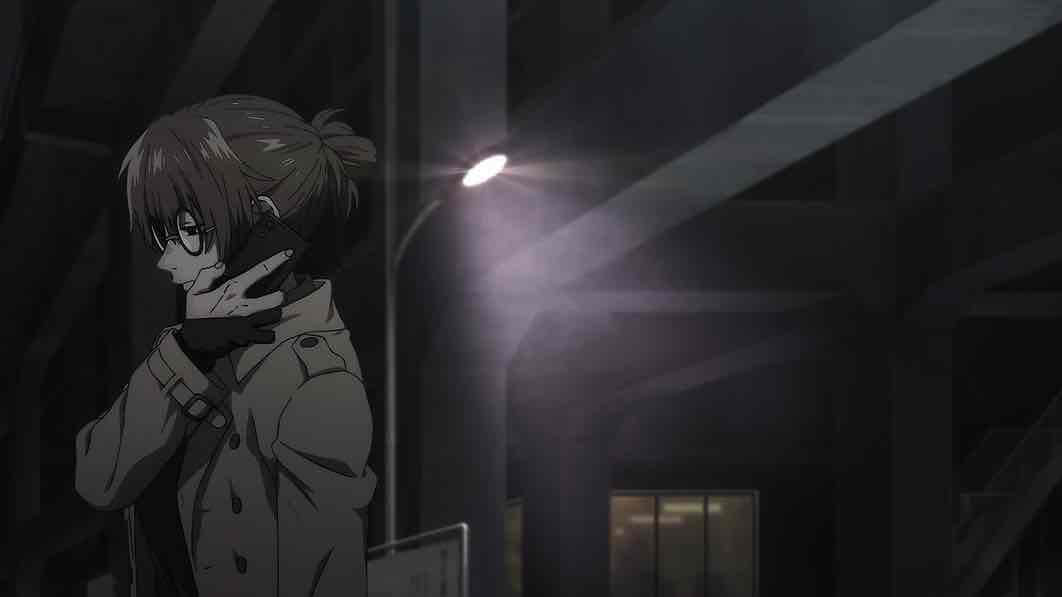
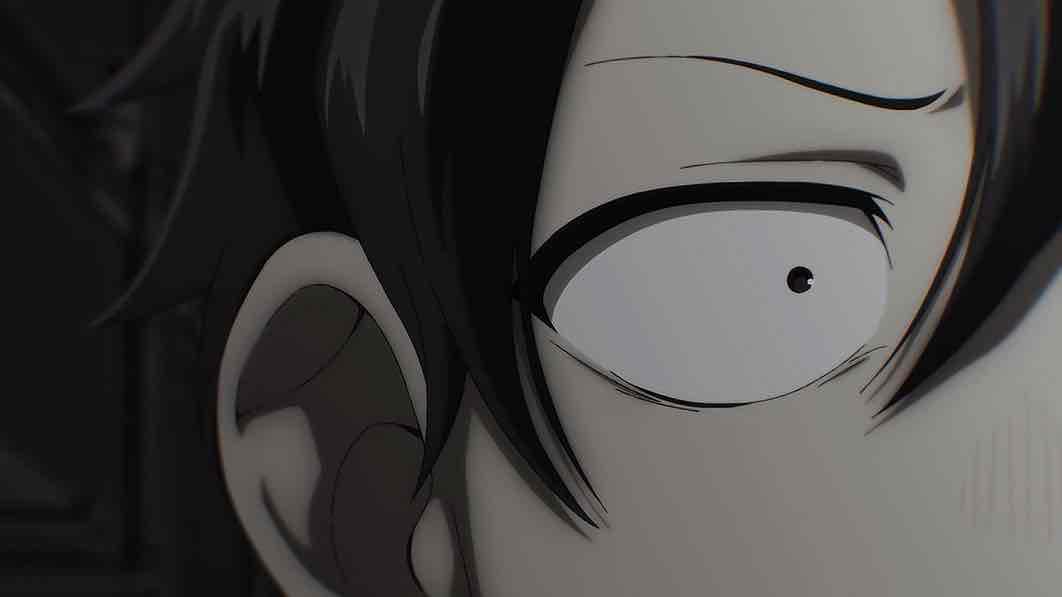
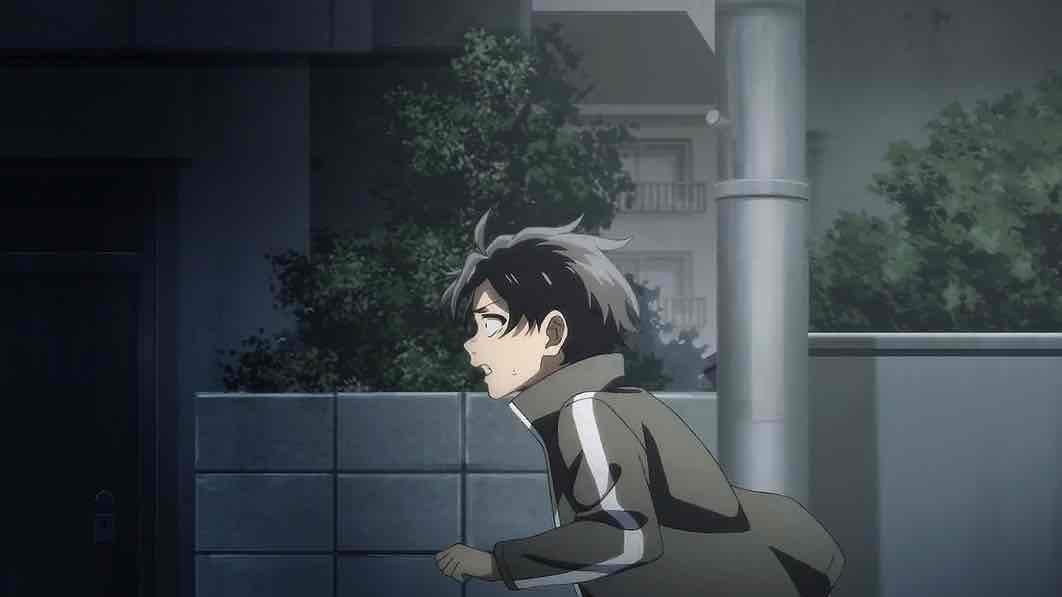
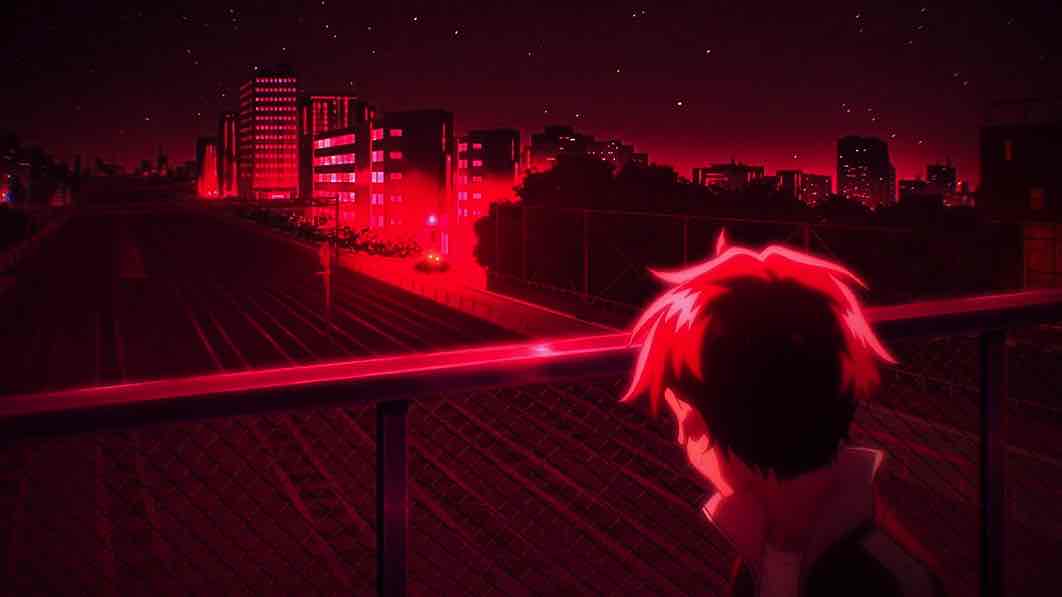



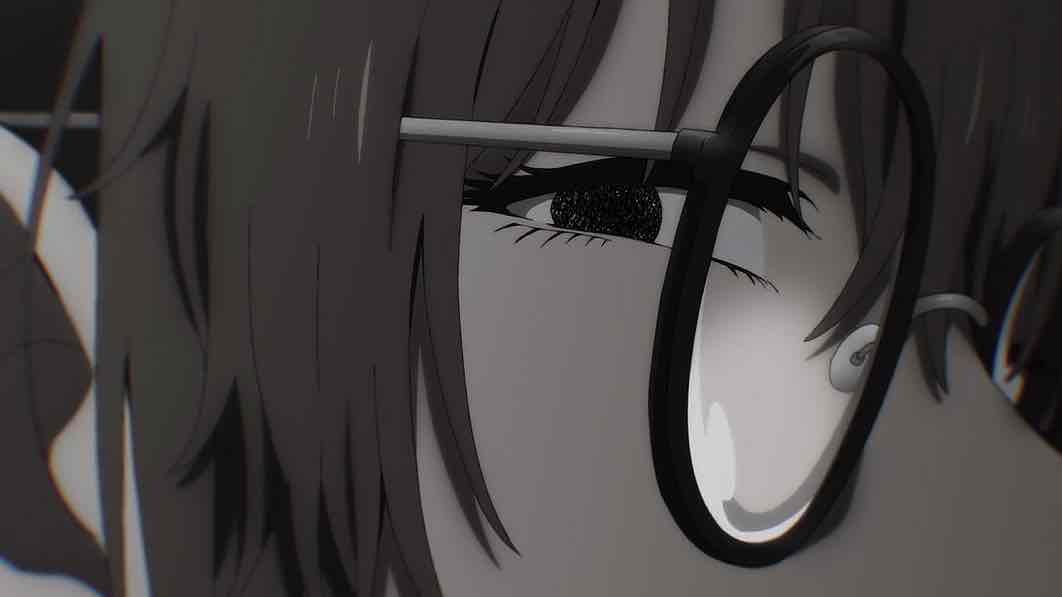
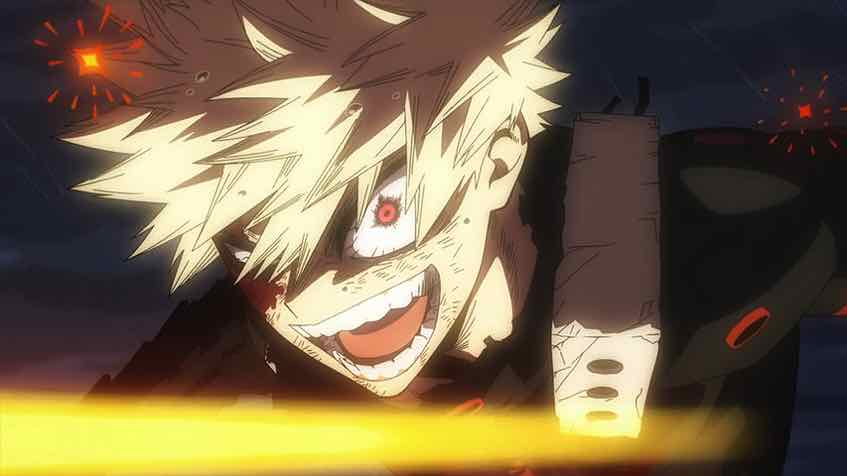
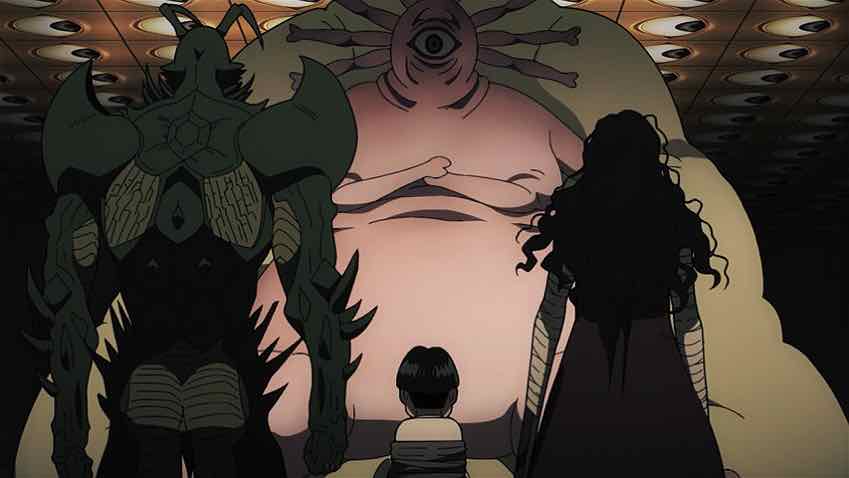
Yann
September 25, 2022 at 8:06 pmCurious what you mean by “I’d encourage you to listen carefully to Hatsuka’s brief dialogue”… She just asks if he remembers her doesn’t she? Did I miss something more?
Guardian Enzo
September 25, 2022 at 9:49 pmListen to all Hatsuka’s dialogue. As in, one word in particular.